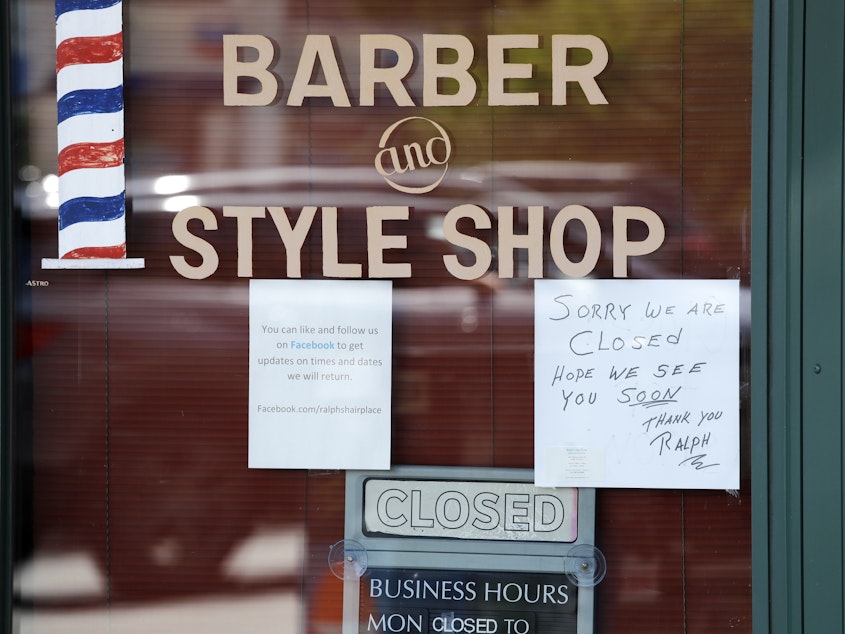Crime didn't pay: State zeroes in on unemployment fraudsters

Washington state has recouped $300 million in fraudulent claims since April, including $50 million that came in on Thursday.
Employment officials in Washington state say they have stopped millions of dollars in fraudulent unemployment claims ... and because of that, will be able to speed up the payouts to unemployed people.
More than 1.1 million Washingtonians have filed for unemployment since the start of the pandemic.
That includes 48,000 claims just last week. The Employment Security Department is working to identify each applicant quickly, according to commissioner Suzi LeVine.
LeVine said they are hiring individuals to do rapid verification and implementing security measures. Those security mechanisms delayed payouts for some people.
LeVine said Washington state was a target for criminals because it was among the first to face the pandemic, and has generous unemployment benefits. Banks and law enforcement helped, as did some victims of the identity theft.
Sponsored
LeVine said in some of the cases, the criminals filed an application form but did not change the recipient address, so the unemployment money was sent out to the real people they were impersonating, and those real people have been sending the money back to the state.
We still don't know exactly how many bad claims were filed by fraudsters, and the Employment Security Department is still catching bad filings ... but the crackdown has worked, LeVine said.
Last week, 48,000 people applied for unemployment benefits. Now that the department's crackdown is sifting out the bad claims, LeVine said this is close to an accurate number of how many actually just lost their job.
Adding up all the weeks in the pandemic, about 1.5 million residents of Washington have lost work and filed for benefits. Jobs in health care, retail, restaurants and bars, and manufacturing are some of the most common losses.





